A Volunteer Opportunity. If you love the beach, wildlife, birds and sharing your enthusiasm, this is a great volunteer opportunity for you. A new volunteer corps called Beach Ambassadors is forming in Plymouth, Massachusetts to educate beach visitors about the amazing wildlife, plants, shells and more found on Plymouth Long Beach to promote the idea that beaches are for families…of all kinds!
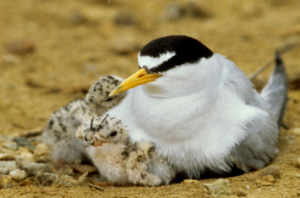
Family of Least Terns
For instance, these cute Least Terns nest on the beach and are so well camouflaged that most people never see them. We’ll use games, activities, and observation to teach people to spot them and learn much more. We also might set up a spotting scope on some days at a safe distance from a nest, so you can allow beach goers to get a glimpse into the family life of the Least Tern and other unique birds that travel thousands of miles to nest on our local beaches.
Attend an Informational Meeting. There will be two informational meetings to describe the program in greater detail, so you can decide if you would like to sign up. One will be on Friday, March 29th from 2 pm to 2:45 pm at the Plymouth Main Library on South Street in the Board Room. If you can’t make that one, a second will be held on Saturday, March 30th from 4 pm to 4:45 pm at the Manomet Branch Library.
Training starts the first week of April and volunteering runs from Memorial Day weekend through Labor Day weekend. Shifts are from 2-4 hours and transportation, teaching materials, a table, beach umbrella, binoculars, a spotting scope, field i.d. books and more are provided. The program is supported by the Goldenrod Foundation.
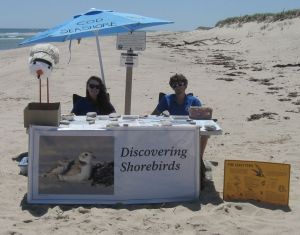
Volunteers at Cape Cod National Seashore teach about beach-nesting birds
Tentative training schedule. Depending on your experience and availability, you may not need to attend all of the sessions.
Saturday, April 6 (indoor/outdoor): Tour the Goldenrod field station, meet the other volunteers, receive your training checklist, discuss logistics and scheduling. Then, we will head out onto the beach and take a beach discovery walk (1 pm -4 pm) Meet at Long Beach parking lot at 1 p.m. to carpool to the field station, or walk there, which takes about 35 minutes. If you walk, plan on arriving at the field station by 1:15 p.m.
April 16, 18-21 (exact date and time TBD) (indoor/outdoor): Beach-nesting bird biology, behavior, conservation and identification. Special field trip/training on Long Beach led by Ellen Jedrey of Mass Audubon’s Coastal Waterbird Program. . Meet at Long Beach parking lot at TBD to carpool to the field station, or walk there, which takes about 35 minutes. If you walk, plan on arriving at the field station by TBD.
Wednesday, May 1 (indoor, Goldenrod field station): Hear from a volunteer Friend of Ellisville Marsh about their successful grassroots outreach effort to protect nesting piping plover and educate beach visitors. We will also go over use and care of optics (binoculars and spotting scope). (7 pm – 8:30 pm) Meet at Long Beach parking lot at 7 p.m. to carpool to the field station, or walk there, which takes about 35 minutes. If you walk, plan on arriving at the field station by 7:15 p.m.
Wednesday, May 15 (mostly outdoor): We will learn fun beach games and activities by doing them! Cassie Lawson of the Buzzard’s Bay Coalition will show us the beach memory game, the habitat hunt and more. Bring lunch for a (no crumbs left behind) beach picnic (9 am to 12:30 p.m.). Meet at Long Beach parking lot at 9 a.m. to carpool to the field station, or walk there, which takes about 35 minutes. If you walk, plan on arriving at the field station by 9:15 p.m.*This will be repeated a second time (by Dorie) for those that cannot attend on a weekday.
Friday, May 24 (outdoor): This is an optional field trip that should be really fun. We’ll carpool to Cape Cod National Seashore where Park Service naturalists will take our group to the beach to experience their programs and activities. This is a unique opportunity as they rarely do this for non-school groups! (9:30 am – 2:30 pm)
If you haven’t yet signed up, or have questions, email dorie.stolley@goldenrod.org to do so. See you on the beach!


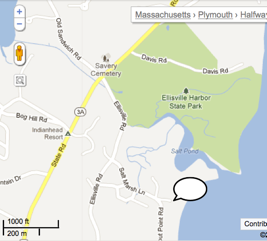


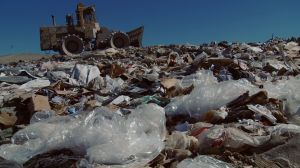
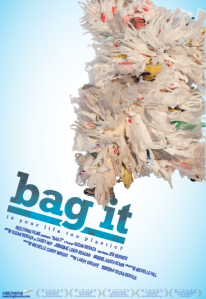 Plymouth, MA: The nationally acclaimed movie, Bag It, makes its local premiere at Plimoth Plantation on April 11, 2013 at 7 p.m. It will be followed by a panel discussion moderated by Bruce Gellerman, well-known environmental journalist and former Senior Correspondent and Host at National Public Radio’s Living on Earth.
Plymouth, MA: The nationally acclaimed movie, Bag It, makes its local premiere at Plimoth Plantation on April 11, 2013 at 7 p.m. It will be followed by a panel discussion moderated by Bruce Gellerman, well-known environmental journalist and former Senior Correspondent and Host at National Public Radio’s Living on Earth.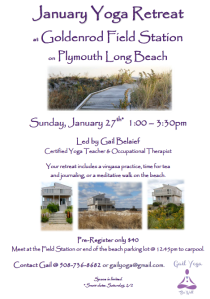

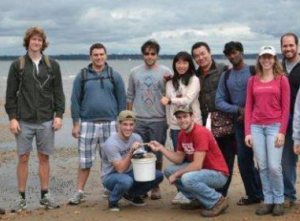


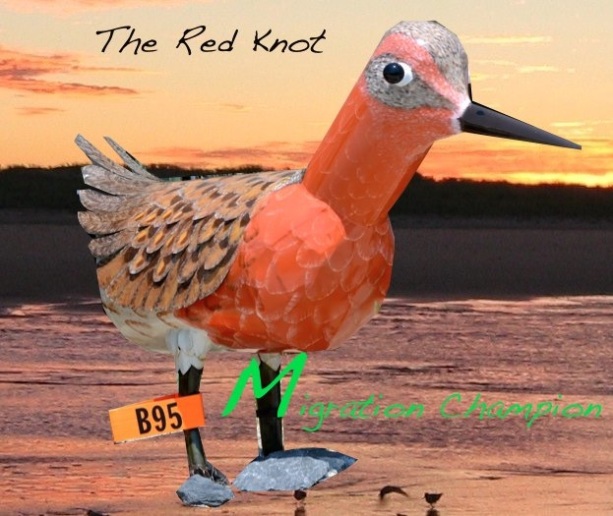
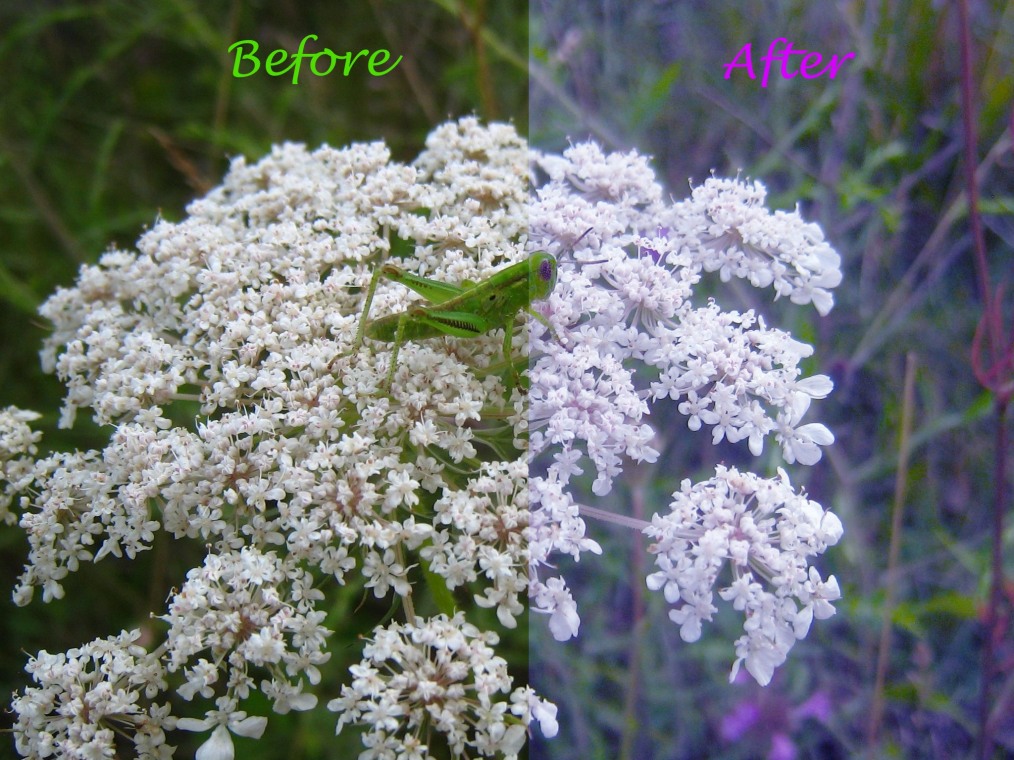
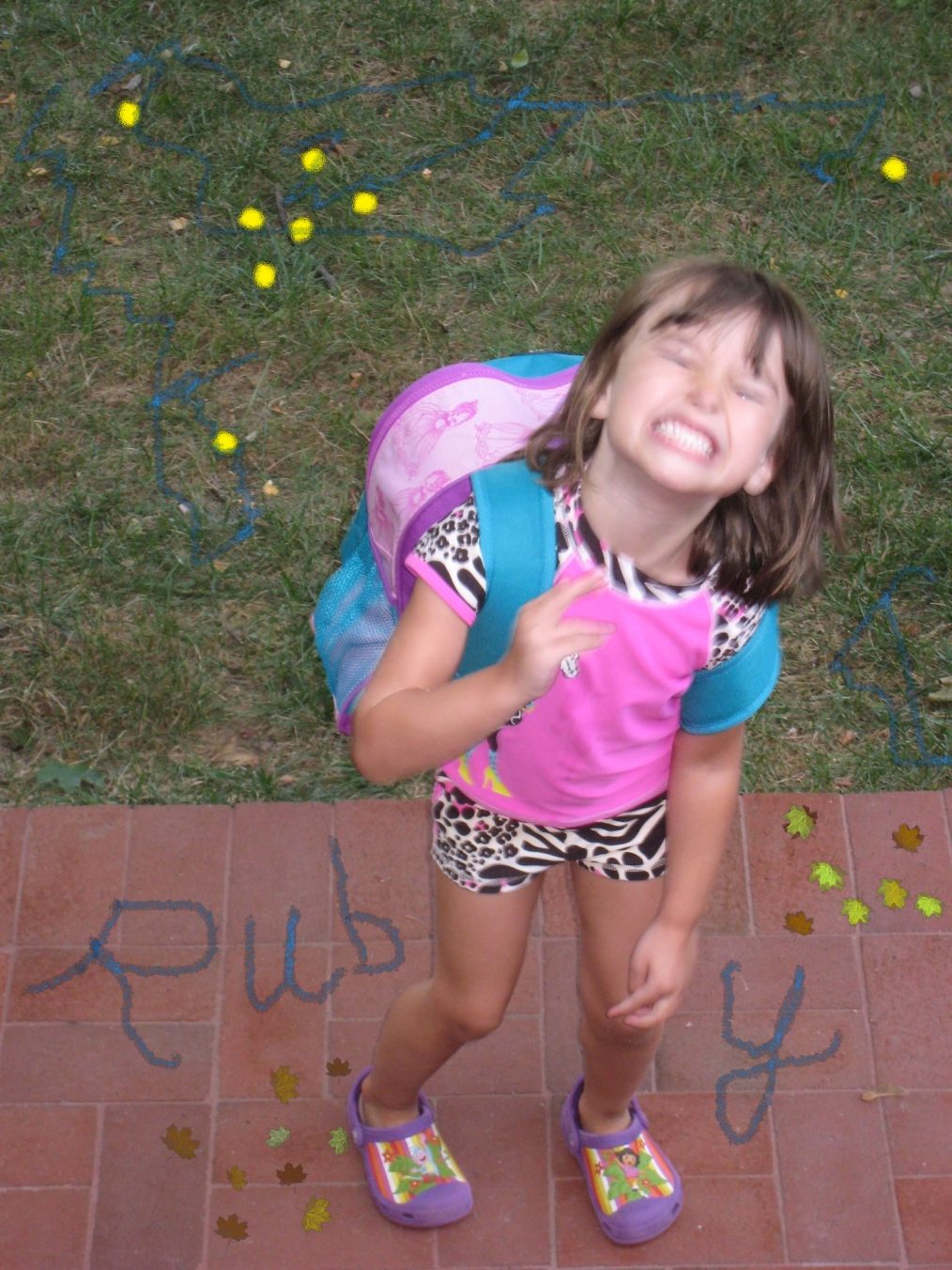
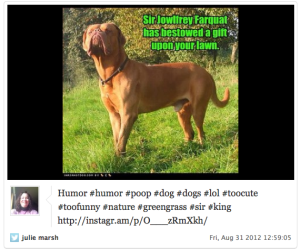


You must be logged in to post a comment.